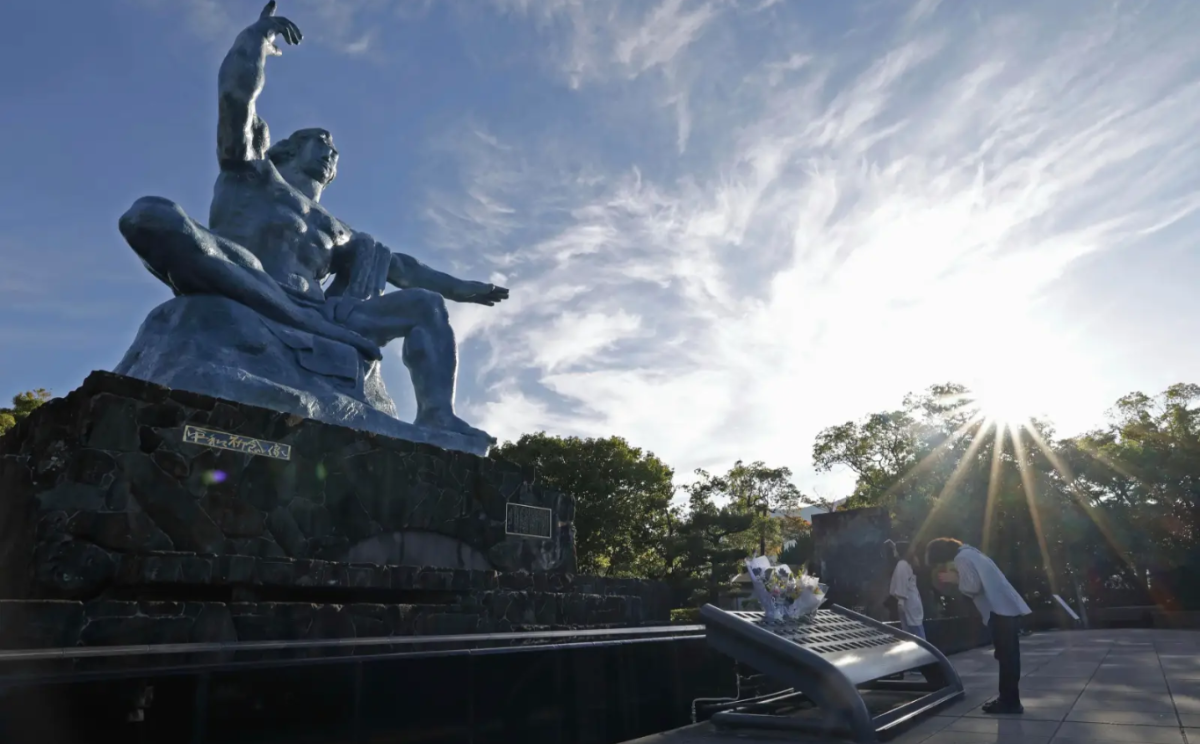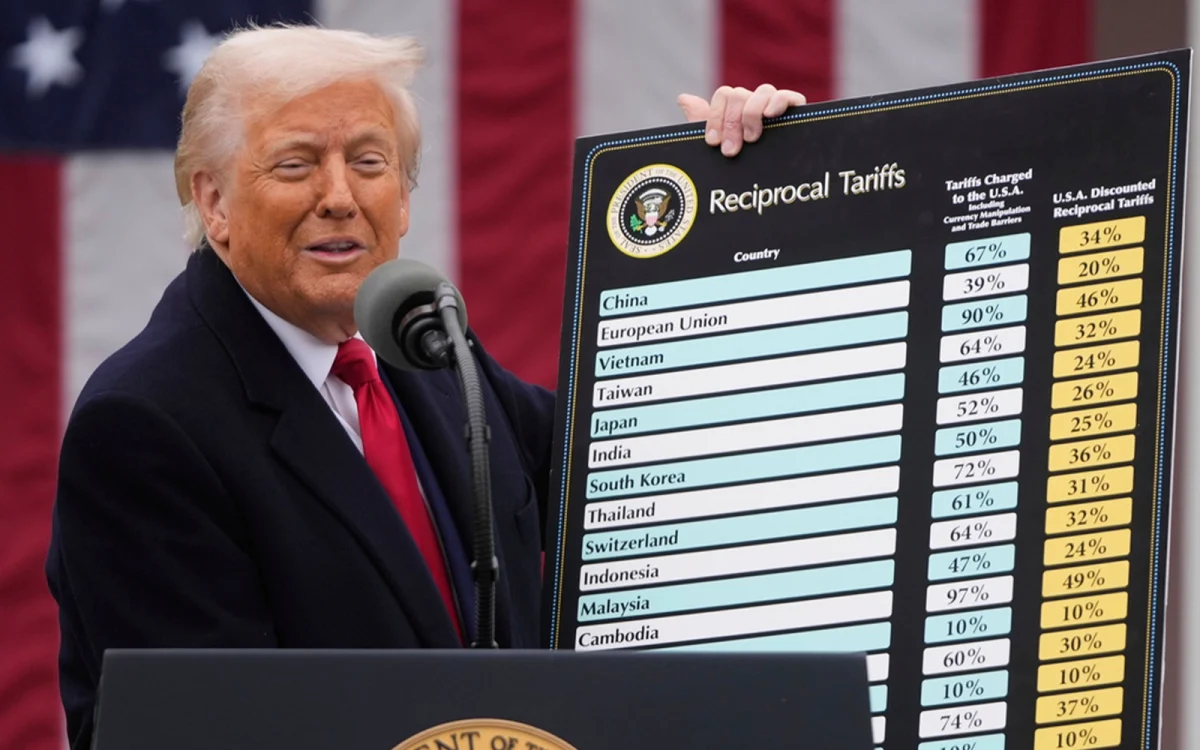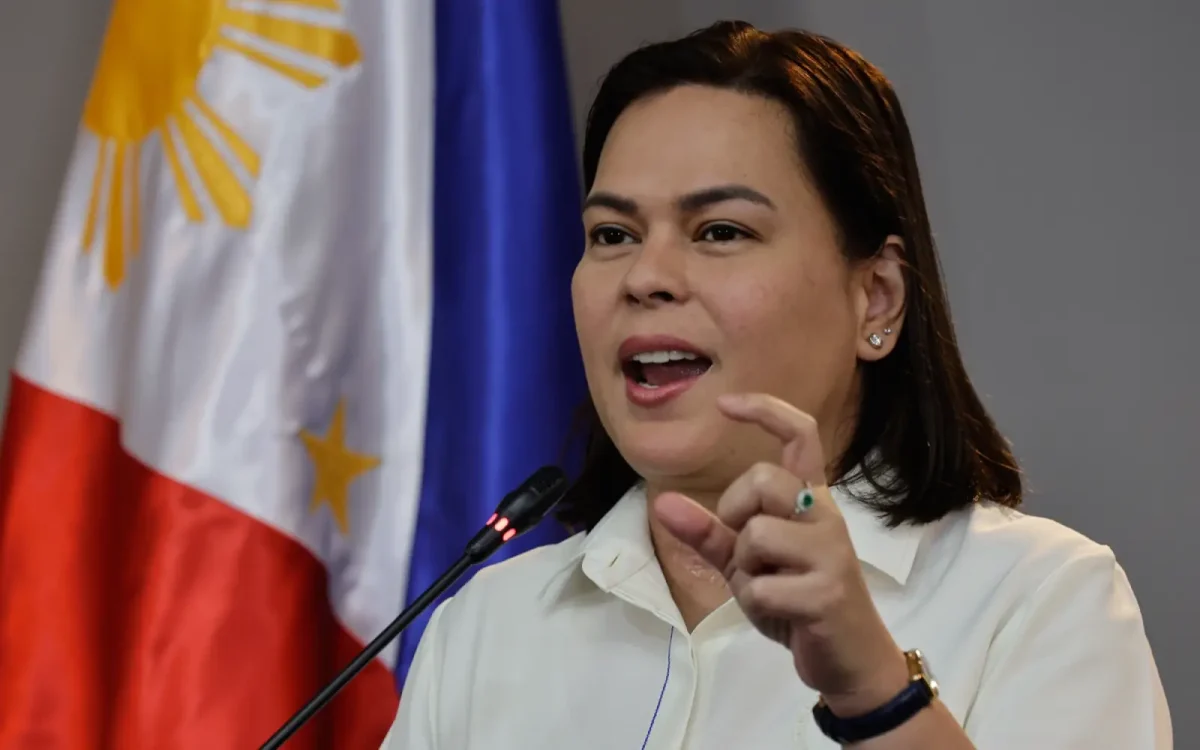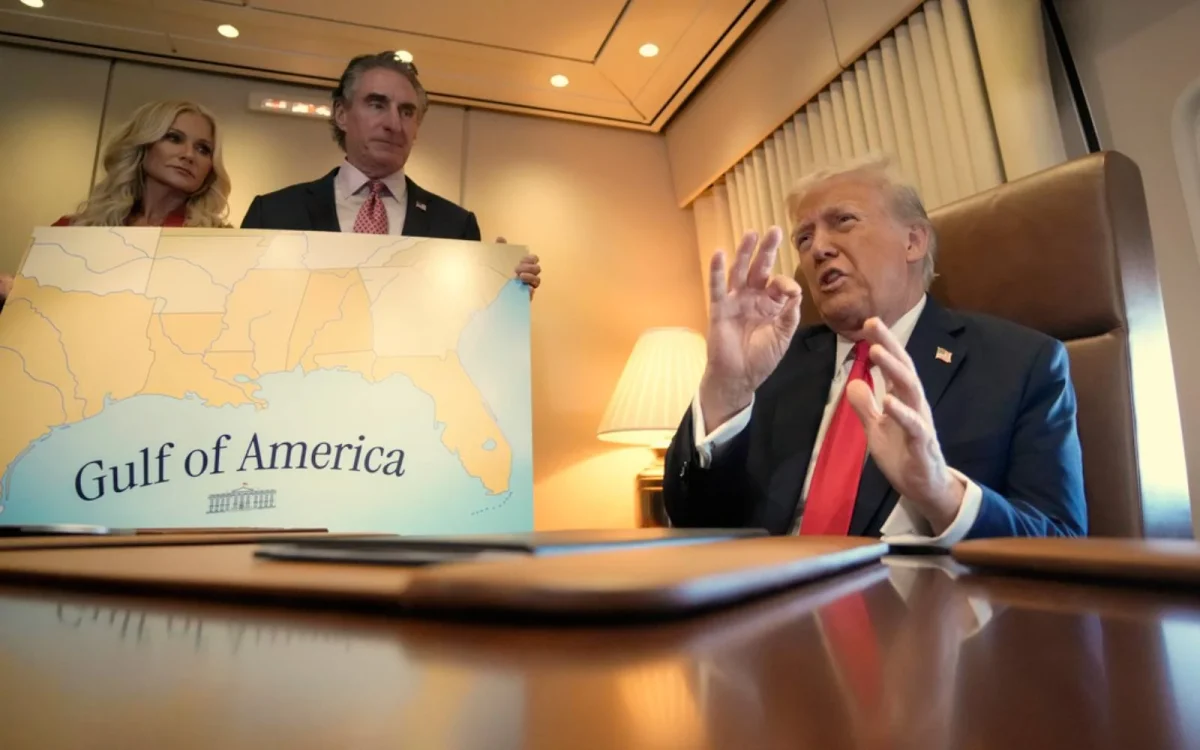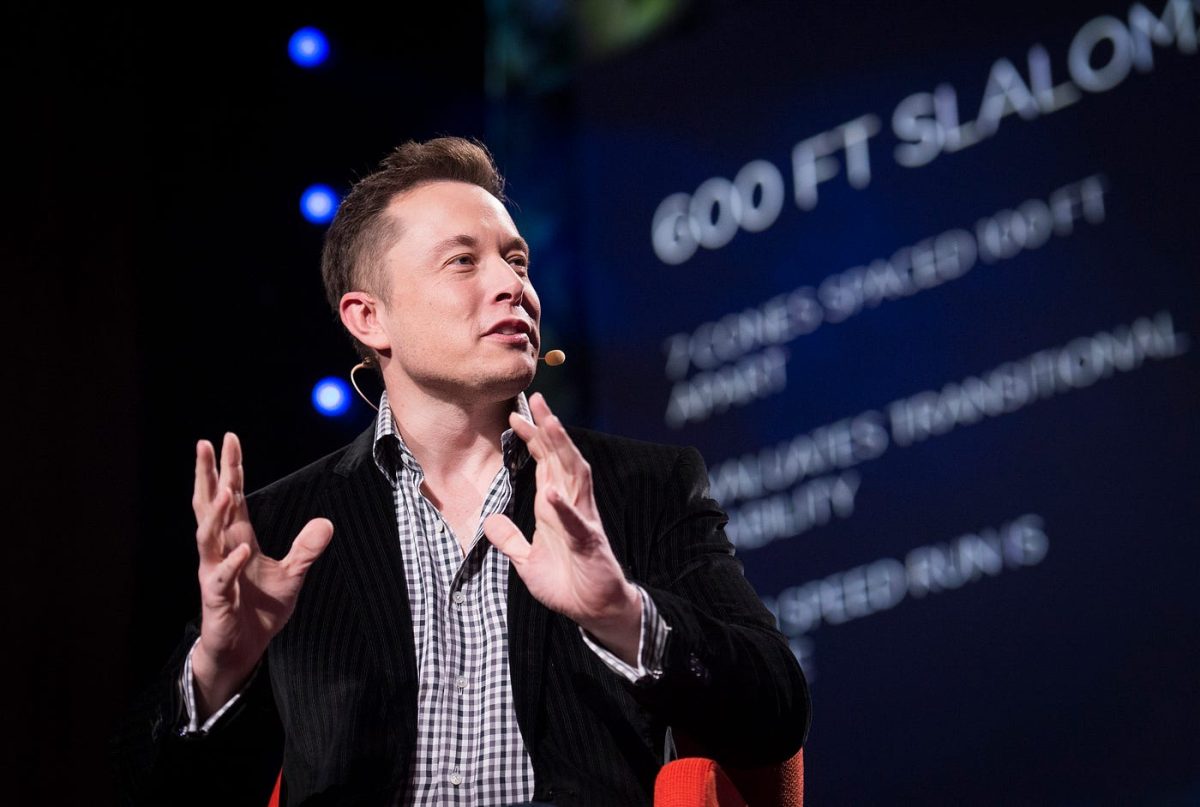Martin Luther King Jr, Barack Obama, Malala Youfazai. These three remarkable people all have something in common. They have received one of the most prestigious awards in the modern era: the Nobel Peace Prize. Every year the Norwegian Nobel committee parcels through hundreds of exemplary individuals or organizations who have worked tirelessly to achieve global peace. This year, the committee awarded the Japanese bomb survivor group, Nihon Hidankyo, as the 2024 winner. This marks the second time a Japanese person or organization has received this honor.
Nihon Hidankyo is the larger confederation of A and H bomb survivor organizations. Their mission consists of fighting for equal social and economic rights of hibakusha (Hiroshima and Nagasaki bombing survivors) and preventing future global use of nuclear weaponry. Their work includes compiling thousands of witness testimonies, sending global peace advocates to international organizations (like the UN), and issuing public appeals or resolutions.
Following the fateful morning of August 6, 1945, thousands of Hiroshima residents awoke to the deafening noise of explosion. Many perished instantly. Three days later, thousands of Nagasaki residents faced the same fate. Countless more were laid to rest in the coming weeks, suffering from prolonged exposure to radiation. The survivors became known as the hibakusha. Yet, instead of receiving sympathy for the great tragedy they suffered, Japanese society ostracized them, fearing the imaginary contagiousness of the radiation’s effects. Many hibakusha became social pariahs for the rest of their lives.
Nihon Hidankyo’s work becomes critical to restoring acceptance for these traumatized individuals. Kosei Tsukamoto, a junior at Wilcox, affirms this statement: “It is especially important since there was and still is widespread misconceptions about Hibakusha.” The lack of knowledge on the radiation’s effects meant employers were hesitant to hire them, fearing their unpredictable physical condition. Similarly, they’re still seen as less desirable marriage partners. Elders forbid the younger generations in the family from having children with hibakusha; paranoid over the potential transmitting of genetic defects caused by radiation. This trend persists despite no scientific evidence supporting the myth. A sense of shame pervades over the group, as they do their best to hide their scars, both physical and mental, in fear of the social stigma.
Thus, Nihon Hidankyo fought for medical care and living expense relief for the survivors. In 1957, the Japanese Government issued the Atomic Bomb Survivors Medical Care Law. Hibakusha were provided two free annual check ups and specialized medical care for designated diseases. Likewise, the Atomic Bomb Survivors Support Law was passed a few decades later in 1995. The government pledged to ensure survivors received extra relief measures for their health, medical care, and general welfare.
Another important aspect of Nihon Hidankyo’s mission is the fight for a world free of nuclear weaponry. In 1954, the US conducted Operation Castle’s Bravo, a thermonuclear test, alarming officials globally and prompting a World Conference Against Atomic and Hydrogen Bombs in 1956. Nihon Hidankyo was founded there, commencing with a “Message to the World” speech.
In 1957, they joined the Japanese delegation to visit the Soviet Union, China, Mongolia and conduct independent speaking tours in Europe and Australia. During the Cold War, they participated in UN Special Sessions regarding Disarmament. They also hosted the Global Hibakusha meeting in 1993, sharing witness testimonies of nuclear survivors from all over the Pacific.
Today, the organization continues to fuel the “taboo” surrounding nuclear weapons, discouraging usage internationally. This message comes at an important time when multiple international conflicts continue to escalate. The Ukraine and Russia war approaches its third year anniversary with no end in sight. Iran recently sent missiles into Israel, adding more chaos to the complicated Israeli-Palestinian struggle. Countries like North Korea routinely parade around nuclear weapons to display their extensive arsenal.
The Nobel committee’s choice to award this organization serves as an imminent warning for people all around the world. As the hibakusha slowly grow older, the gory, destructive firsthand memories of Hiroshima and Nagasaki dissipate into the distance. Therefore, it becomes the future generation’s responsibility to never let history repeat itself again. Everyone must continue Nihon Hidankyo’s legacy by speaking out and voting against the use of nuclear weapons. After all, George Santayana sums it up best: “Those who cannot remember the past are condemned to repeat it.”

